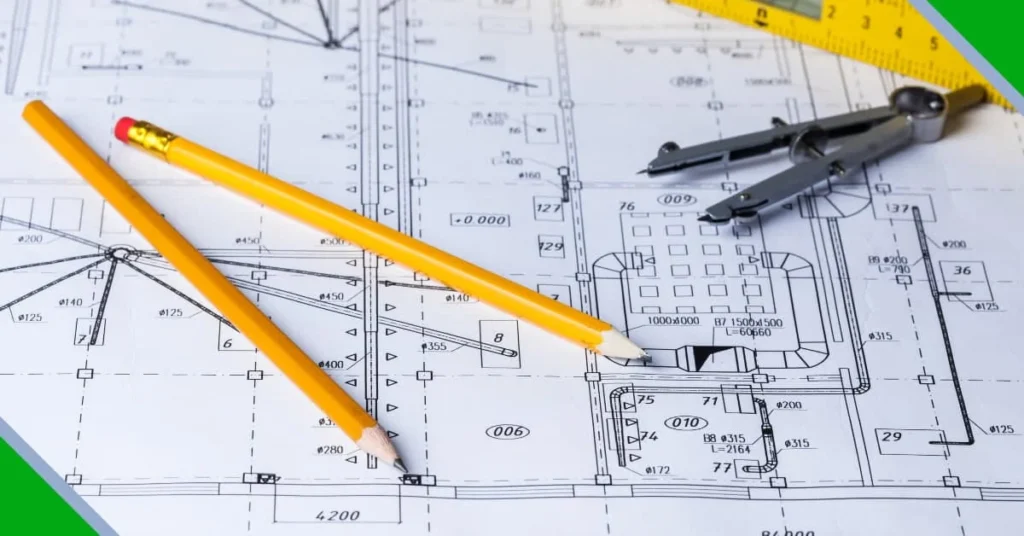Choosing the right ダンススクール is an exciting yet important decision for anyone looking to explore the world of dance. Whether you are a complete beginner, someone looking to pick up a new hobby, or a seasoned dancer hoping to sharpen your skills, the school you choose will significantly shape your experience and progress. A good ダンススクール should not only teach dance techniques but also nurture confidence, creativity, and personal growth. With so many schools to choose from, it can be challenging to identify the right one, but focusing on key qualities can make the process much easier.
Reputation and Credibility of the ダンススクール
The first quality to evaluate when considering a ダンススクール is its reputation. A school that is well-regarded within the local dance community often has a history of producing skilled dancers and offering quality instruction. Look for reviews, testimonials, or word-of-mouth recommendations from current and former students. Credibility can also be measured by whether the school participates in performances, competitions, or collaborations with professional dancers. A strong reputation is usually built over time and reflects consistent dedication to excellence in teaching and student development.
Qualifications and Experience of Instructors
The heart of any ダンススクール is its instructors. The experience, training, and passion of the teachers play a critical role in the success of the students. A well-qualified instructor should have not only technical knowledge of various dance styles but also the ability to communicate effectively and inspire learners. Look for teachers who have professional dance backgrounds or certifications, but also consider their teaching style. Great instructors balance discipline with encouragement, tailoring their methods to suit beginners and advanced learners alike. This ensures that every student feels supported in their journey.
Variety of Dance Programs Offered
A ダンススクール that offers a wide range of dance programs is always advantageous. Different students have different goals—some may want to learn ballet, others may be interested in hip-hop, jazz, contemporary, or ballroom dancing. A school that offers diverse dance styles gives students the flexibility to explore different forms before choosing a specialty. Variety also prevents monotony and keeps learning exciting. Moreover, schools that include both group and private lessons allow for a more personalized experience, accommodating different learning paces and preferences.
Structured Curriculum and Progressive Learning
A well-organized curriculum is a sign of professionalism in any ダンススクール. The lessons should follow a clear structure that builds on skills step by step. Beginners should start with foundational techniques, gradually moving towards more complex movements as they progress. Progressive learning helps avoid frustration and ensures students build confidence at each stage. A strong curriculum also sets clear objectives, such as performance opportunities, level assessments, or dance examinations. This structured approach motivates students and gives them measurable milestones to work towards.
Supportive and Positive Learning Environment
Dance is not just about movement—it is also about expression, creativity, and confidence. That is why the atmosphere of the ダンススクール is crucial. A supportive and welcoming environment encourages students to express themselves freely without fear of judgment. Students learn best when they feel safe to make mistakes, experiment, and grow. Schools that foster inclusivity and respect among peers make learning enjoyable and meaningful. Additionally, smaller class sizes often create more opportunities for individualized attention, which enhances the student’s growth.
Facilities and Location of the ダンススクール
The physical environment of the school also plays an important role. A good ダンススクール should have safe, spacious studios with proper flooring designed for dance, as this helps prevent injuries. Adequate lighting, ventilation, and mirrors are also essential features that contribute to effective practice. Accessibility of the school is equally important—its location should be convenient enough for regular attendance, and the schedule should align with your lifestyle. A school that prioritizes student safety, cleanliness, and comfort demonstrates professionalism and care.
Performance and Showcase Opportunities
One of the most exciting parts of joining a ダンススクール is the opportunity to perform. Regular performances, showcases, or competitions not only allow students to demonstrate what they have learned but also build stage confidence and teamwork skills. These experiences can be incredibly motivating and rewarding, especially for younger dancers. A school that emphasizes performance opportunities provides a platform for students to shine and gain real-world experience in front of an audience.
Affordability and Value for Money
Cost is always a factor when choosing a ダンススクール, but it is important to consider value rather than just the price. Some schools may charge higher fees due to their facilities, instructors, or reputation, while others may offer more affordable yet still high-quality lessons. The key is to evaluate what is included in the tuition—lesson duration, frequency, variety of classes, and opportunities for growth. A good school provides transparent pricing and flexible options, such as package deals, trial classes, or discounts for families.
Adaptability and Modern Teaching Methods
In today’s fast-paced world, a forward-thinking ダンススクール should be adaptable to new teaching methods and technologies. For example, some schools may offer online dance lessons, hybrid classes, or video feedback for students who cannot always attend in person. Modern teaching also includes using music, multimedia, and creative choreography to keep students engaged. Schools that keep up with trends in dance education demonstrate their commitment to staying relevant and providing well-rounded training.
Focus on Personal Development
Finally, beyond technical skills, the best ダンススクール should emphasize personal growth. Dance teaches more than just movements—it develops discipline, resilience, teamwork, and self-expression. A school that nurtures confidence, creativity, and perseverance helps students carry valuable life skills beyond the studio. Whether the goal is to become a professional dancer or simply to enjoy the art form, a school that invests in holistic development makes the journey worthwhile.
Conclusion
Finding the right ダンススクール requires careful consideration of several factors. Reputation, qualified instructors, program variety, structured learning, and supportive environments all contribute to a meaningful dance experience. Practical aspects such as location, facilities, and affordability should not be overlooked, while performance opportunities and modern teaching methods can further enrich the journey. Most importantly, the right school will encourage personal growth, creativity, and confidence, making dance a fulfilling and enjoyable pursuit. By identifying these qualities, students can choose a ダンススクール that aligns with their goals and ensures a rewarding dance journey.





